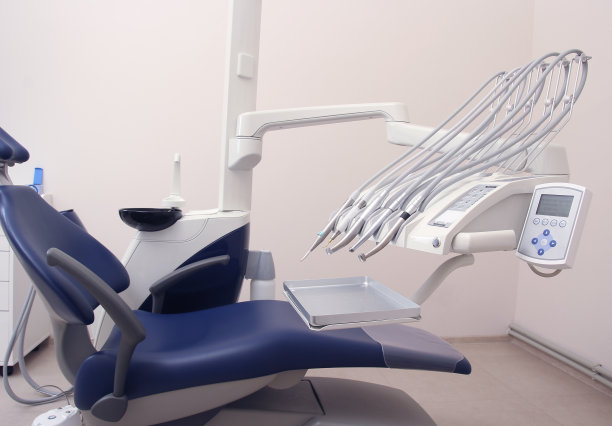The Importance of Proper Dental Care Before and After Extracting a Tooth for Long-Term Oral Health
Summary: Proper dental care surrounding tooth extraction is critical for maintaining long-term oral health. This article explores the essential practices one should follow before and after a tooth extraction to promote healing and prevent complications. The key areas of focus include understanding the need for professional evaluation, the importance of pre-operative preparation, optimal post-operative care, and the role of regular follow-ups with dental professionals. By adhering to these guidelines, individuals can ensure a smoother recovery, minimize discomfort, and safeguard their overall dental health.
1. Need for Professional Dental Evaluation

Before deciding to extract a tooth, its crucial to undergo a comprehensive dental evaluation by a qualified professional. This evaluation often includes x-rays and a detailed examination to determine the tooths condition and the appropriate course of action. Understanding the specific reasons for extraction—whether due to decay, crowding, or periodontal disease—helps the dentist create a tailored treatment plan.
Dental evaluations also facilitate the identification of underlying issues that may not be immediately visible. For instance, infections or bone loss can complicate the extraction process. Detecting these problems early allows for necessary treatments, preventing further complications during and after the extraction procedure.
A thorough dental assessment also emphasizes the importance of articulating any medical conditions or medications being taken. Certain health factors may influence the extraction process or the healing period. This information enables dental professionals to implement adequate precautions during surgery and manage aftercare effectively.
2. Importance of Pre-Operative Preparation
Proper preparation before a tooth extraction can significantly impact recovery. Patients should follow the dentists instructions regarding medication, dietary adjustments, and any necessary lifestyle changes. For instance, refraining from blood thinners or anti-inflammatory drugs in the days leading up to the procedure can minimize bleeding risks.
Hydration and nutrition are equally important aspects of pre-operative care. Patients should ensure they are well-hydrated and have a nutritious meal before the extraction—this fuels the body for recovery. Avoiding heavy or hard foods immediately before the procedure can also help reduce discomfort.
Additionally, patients should mentally prepare themselves for the extraction process. Understanding what to expect can alleviate anxiety. Engaging in relaxation techniques, such as deep breathing or meditation, can create a calmer mindset, which is beneficial for the overall procedure.
3. Optimal Post-Operative Care
The period following tooth extraction is crucial for healing and ensuring good oral health. Post-operative care includes adhering to prescribed pain management guidelines, which may involve over-the-counter pain relievers or prescribed medication. Managing pain effectively minimizes discomfort and promotes a smoother recovery experience.
Follow-up care instructions are also essential. Dentists usually recommend resting for the first few days post-extraction, applying ice packs to reduce swelling, and following a soft diet. Such measures prevent strain on the extraction site and facilitate proper healing.
Oral hygiene must be maintained despite the sensitivity of the extraction area. Dentists often suggest avoiding brushing the extraction site for the first 24 hours. Afterward, gentle rinsing with saltwater is typically advised to keep the area clean. Regular oral hygiene practices help to stave off infections and support overall oral health during recovery.
4. Role of Regular Follow-ups with Dentists
Regular follow-ups with dental professionals can play a critical role in the long-term success of a tooth extraction. These appointments allow dentists to monitor healing progress and address any complications that may arise, such as infections or prolonged discomfort. Such check-ups are vital to ensure that recovery is on track.
Additionally, follow-ups can help in discussing the long-term implications of the extraction. A dentist may recommend further treatments, such as bridges or implants, to maintain the integrity of the dental arch and prevent adjacent teeth from shifting.
Moreover, these consultations enable continual evaluation of overall dental health, reinforcing the importance of preventive care and contributing to a more holistic approach to oral health maintenance. By establishing a routine with dental check-ups, patients can help ensure their smile remains healthy and vibrant.
Summary:
The article emphasizes that taking proper dental care prior to and following tooth extraction is integral to long-term oral health. Emphasizing professional evaluations, appropriate preparation, post-operative care, and regular follow-ups significantly contribute to a successful recovery process and help prevent future dental issues.
This article is compiled by Vickong Dental and the content is for reference only.



